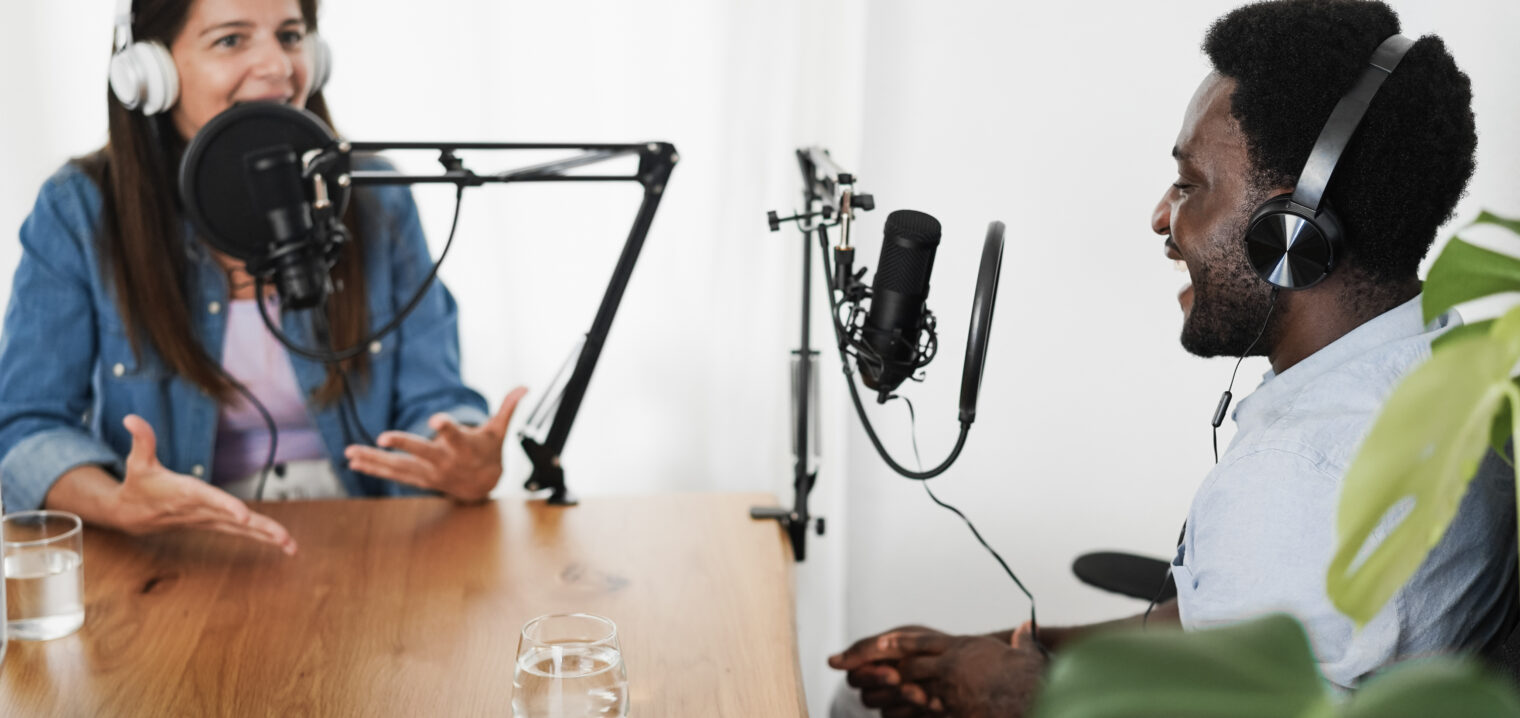
Good Media Relations Tips – What To Do After The Media Interviews You!
There are many ways to leverage your media experiences to help build your brand, reputation and image management skills.
Check out these good media relations tips for what to do after the interview is over
An effective media relations program does not end with an interview.
Rather it is important to then monitor and evaluate the interview’s effectiveness to gain a greater understanding of the media for greater personal and professional gain.
Effective Media Relations Tips – What To Do After The Media Interviews You!
Effective Media Relations
You’ve done all the hard work – prepared a media kit, engaged with a reporter and they’ve listened to your message and asked questions.
What now?
Well, effective media relations doesn’t just stop once you have been interviewed.
There are many ways to leverage your media experiences to help build your brand, reputation, and image management skills.
Five Top Tips
Here are five tips on what to do after the media has interviewed you.
1. Implement a Professional Media Monitoring Service
After the Media Interview, how will you know what media coverage you are getting if you don’t monitor it? Look out for the media reporters’ tricks.
Media monitoring collecting and evaluating all press featuring your company or industry.
The media, however, can involve print press, radio, websites, TV, and even blogs and it is wise to enlist a professional media monitoring service. These services use keywords to search all media outlets and email summaries immediately to the company with links to the full articles.
Often media monitors can break down searches into specific geographical areas. These services provide a far more precise and detailed evaluation of your company’s media with less chance of missing something that has been published.
2. Analyse Your Quotes
After the story has been run analyse which quotes the reporter has used.
Often a one-hour interview may result in just one or two key quotes being selected by the journalist.
This offers insight into the way the media operates and what journalists look for in interviews.
The more you understand how the media works, the more you can customise your message to what they want, and the greater the chance of success in your comments being used by the media.
3. Understand What Quotes or Sound Bite Elements Were Used
Pay particular attention to exactly which quotes were used and how effective they were at relaying your message.
This offers a personal insight into your own media techniques and can identify areas that require further attention and training.
For example, simple, direct quotes are often favoured by the media. If a lot of the article has been paraphrased perhaps your messages were too long or confusing or weren’t articulated well.
By combining your understanding of the quotes used, identifying areas of weakness in the interview, and examining the workings of the media you will begin to establish good media relationships. You will develop a greater understanding and chance of stronger media relations in future interviews.
4. If You Like Your Quotes Re-use Them
Good quotes are like diamonds.
They are often formed under intense pressure.
They are valuable, unique and when polished, cut, and set can really make you shine. If you’ve made the diamond and had it set, why not show it off as many times as possible?
If your quotes communicate your message well, re-use them again and again.
Not only are they effective in relaying more message but have been approved for use by the media, that is they identify with what the media views as a “good” quote.
It is more important to communicate your message confidently, clearly, and consistently than it is to be original.
5. Never Get Angry or Trash The Media
If you get interviewed but not quoted, resist the temptation of trashing the newspaper, magazine, or reporter and getting angry. You want to preserve that good media relationship.
Instead, analyse the quotes that were used by others and try to improve your message delivery so they could have been better crafted and therefore more likely to be used.
The quickest way to improve your knowledge in this important and growing area is to learn more about how to craft messages that even the most cynical reporter will want to use.
You can also make a point of understanding how the seven barriers to communication can sometimes impact your ability to convey messages in a clear and compelling way.
This article was contributed by Thomas Murrell MBA CSP
Good Media Relations Tips
Impact Factory runs
Tailored Media Skills Training
and personalised
Executive Media Skills Coaching
for anyone interested in
Good Media Relationships





